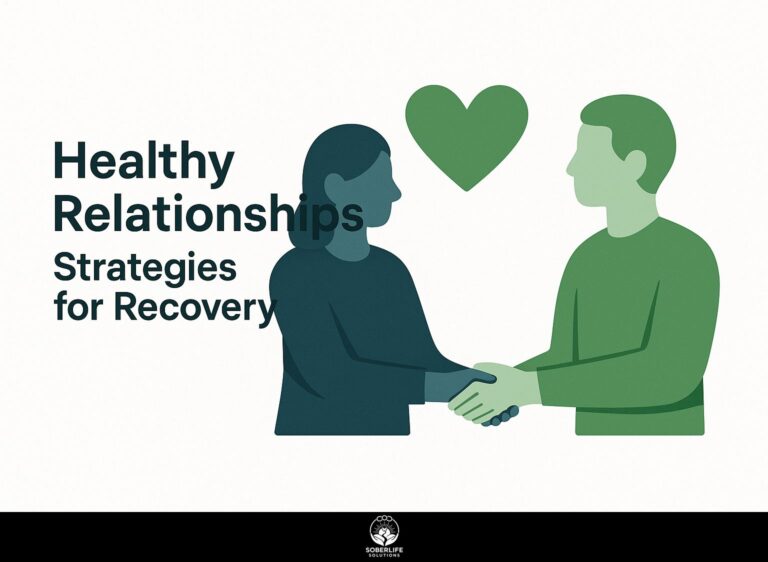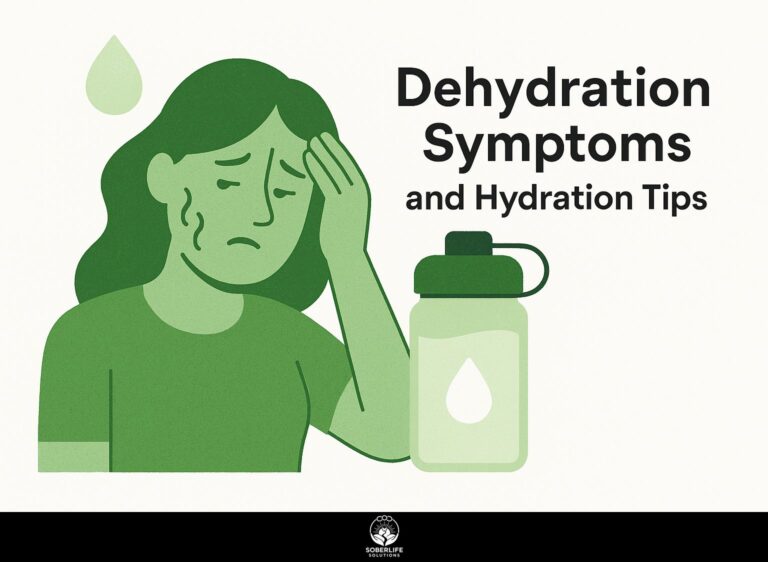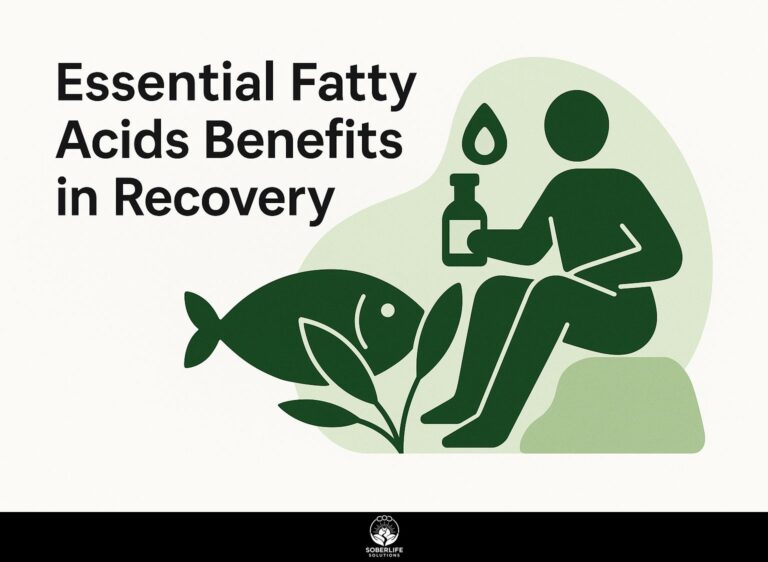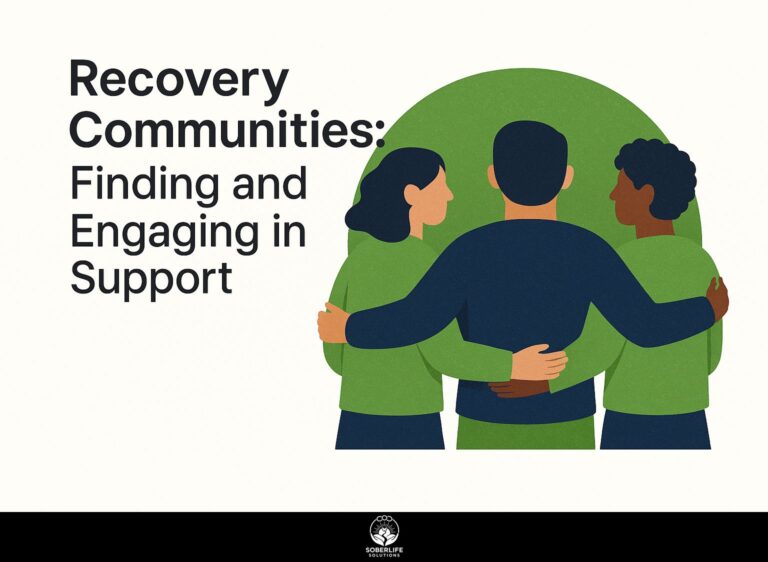Guide to Keeping a Recovery Journal
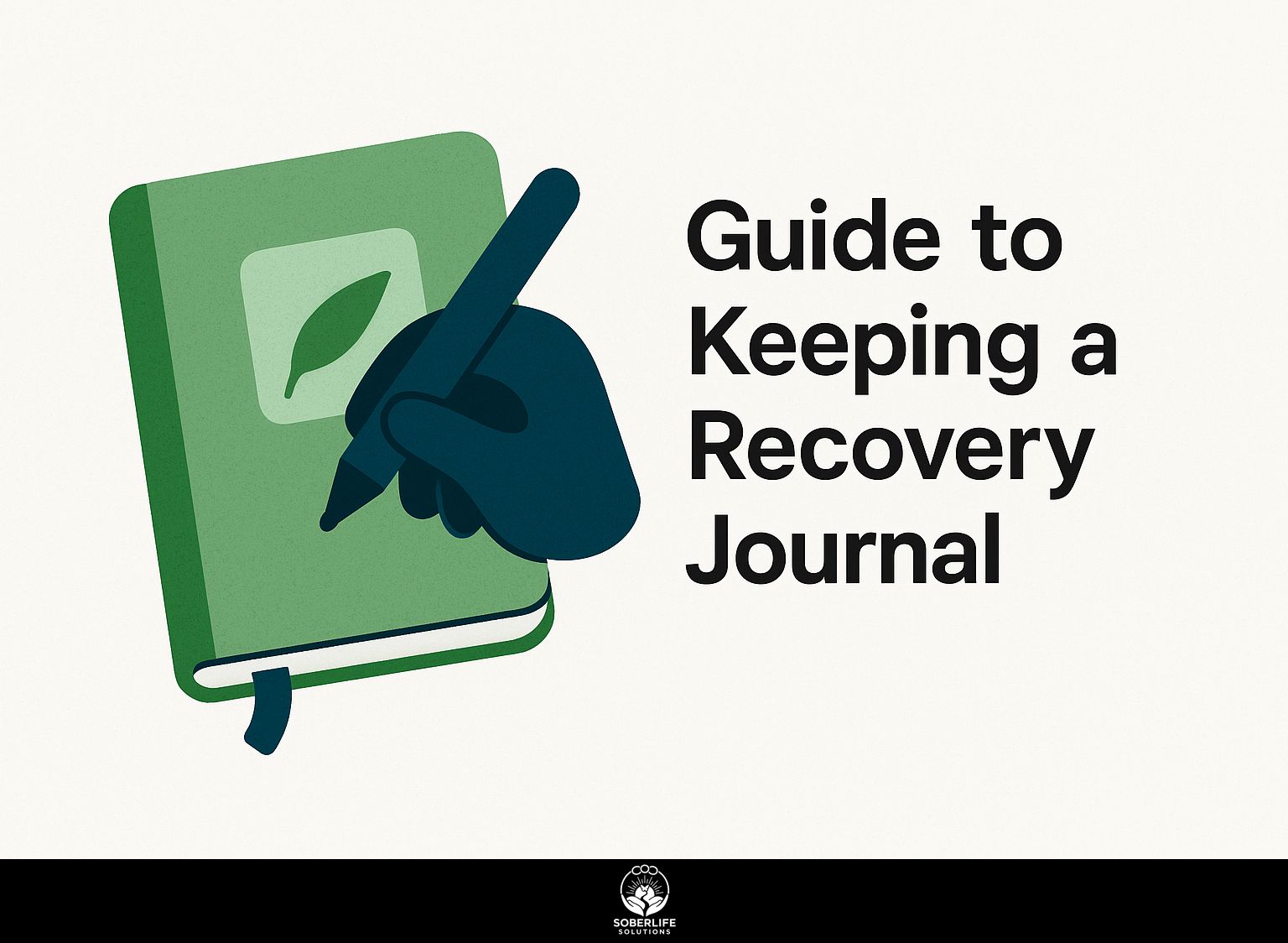
Introduction to Recovery Journals
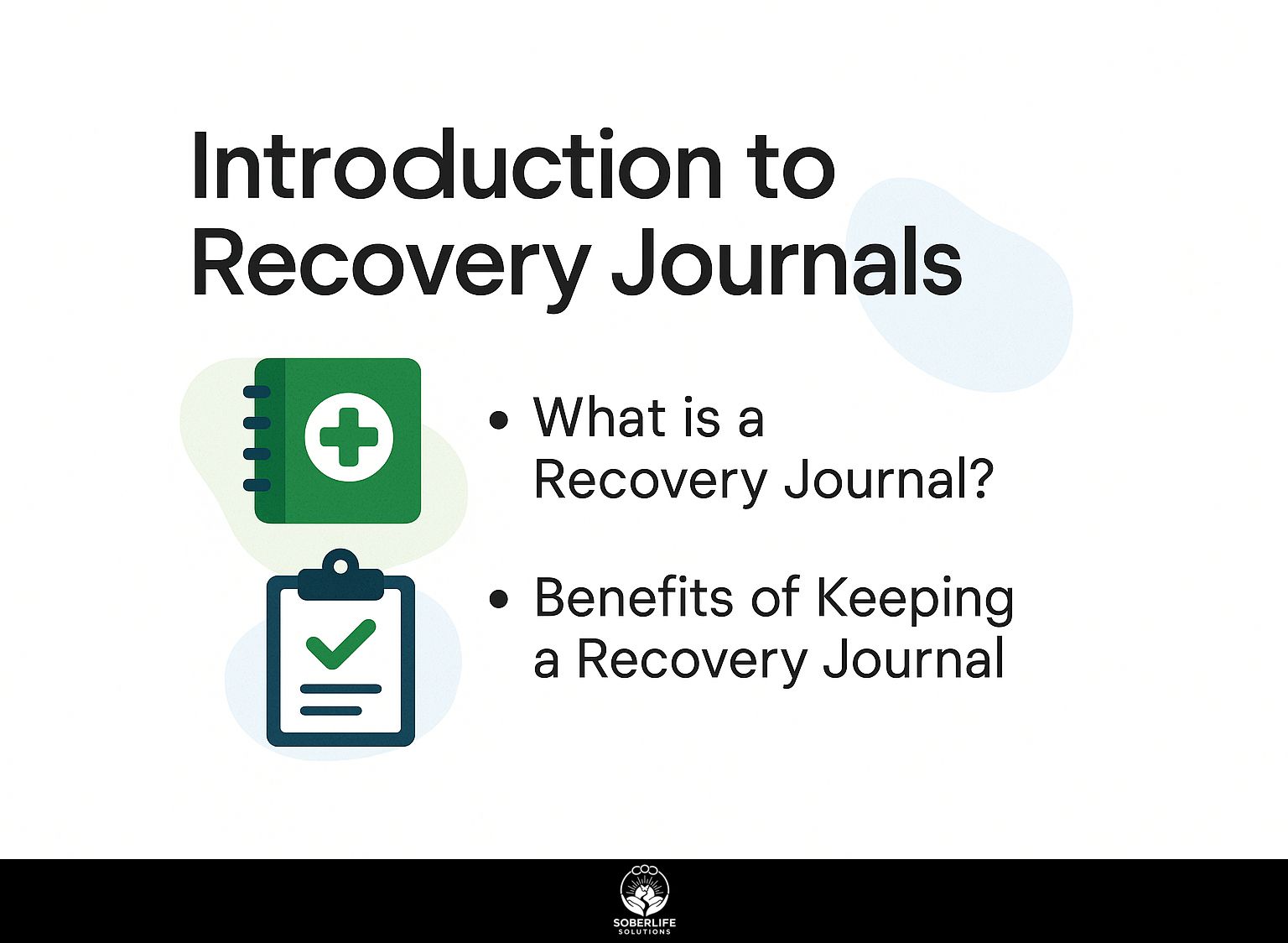
Writing an addiction recovery journal can be a powerful move in your recovery process. With recovery journal questions and SMART Recovery techniques, you can handle your emotions more effectively and think about your experiences. This guide explains how journaling can help in recovery by providing useful tips and exercises to monitor your progress and increase self-awareness. Learn how keeping a journal can help you stay on track with your recovery.
Key Takeaways:
What is a Recovery Journal?
A recovery journal is a special notebook where people can write about their recovery process, sharing their feelings and learning about themselves.
In recovery programs like SMART Recovery, people use a journal to write down their emotions, what sets them off, and their thoughts. Participants might write down their daily thoughts or note certain difficulties they encountered, which encourages responsibility. Wikipedia offers detailed insights into the methodologies employed by SMART Recovery, enhancing understanding of its journaling practices.
For example, dedicating a section to gratitude can help shift focus from negative experiences to positive aspects of life. A lot of people find it helpful to create a habit like writing in a journal each morning or night to strengthen their dedication.
Using prompts with clear goals can improve the process and provide better clarity.
Benefits of Keeping a Recovery Journal
Writing in a recovery journal can help you learn more about yourself and handle your feelings, making it useful for achieving recovery goals.
To get the most out of it, try organizing your journal entries with clear questions to guide you. For instance, start with a daily gratitude list to shift focus towards positive aspects of life.
Think about difficult situations you encountered and the ways you got through them, building strength.
Tools like Day One or Penzu can improve your journaling by sending notifications and allowing you to add photos and videos. Journaling has been linked to numerous mental health benefits, as explained by WebMD, which can enhance your emotional well-being throughout your recovery journey.
Worth exploring: Journaling your sobriety journey for additional insights on how to effectively use journaling as part of your recovery process.
Set aside ten minutes each day-doing this regularly can greatly improve how you handle emotions and build better ways to cope while you recover.
Getting Started
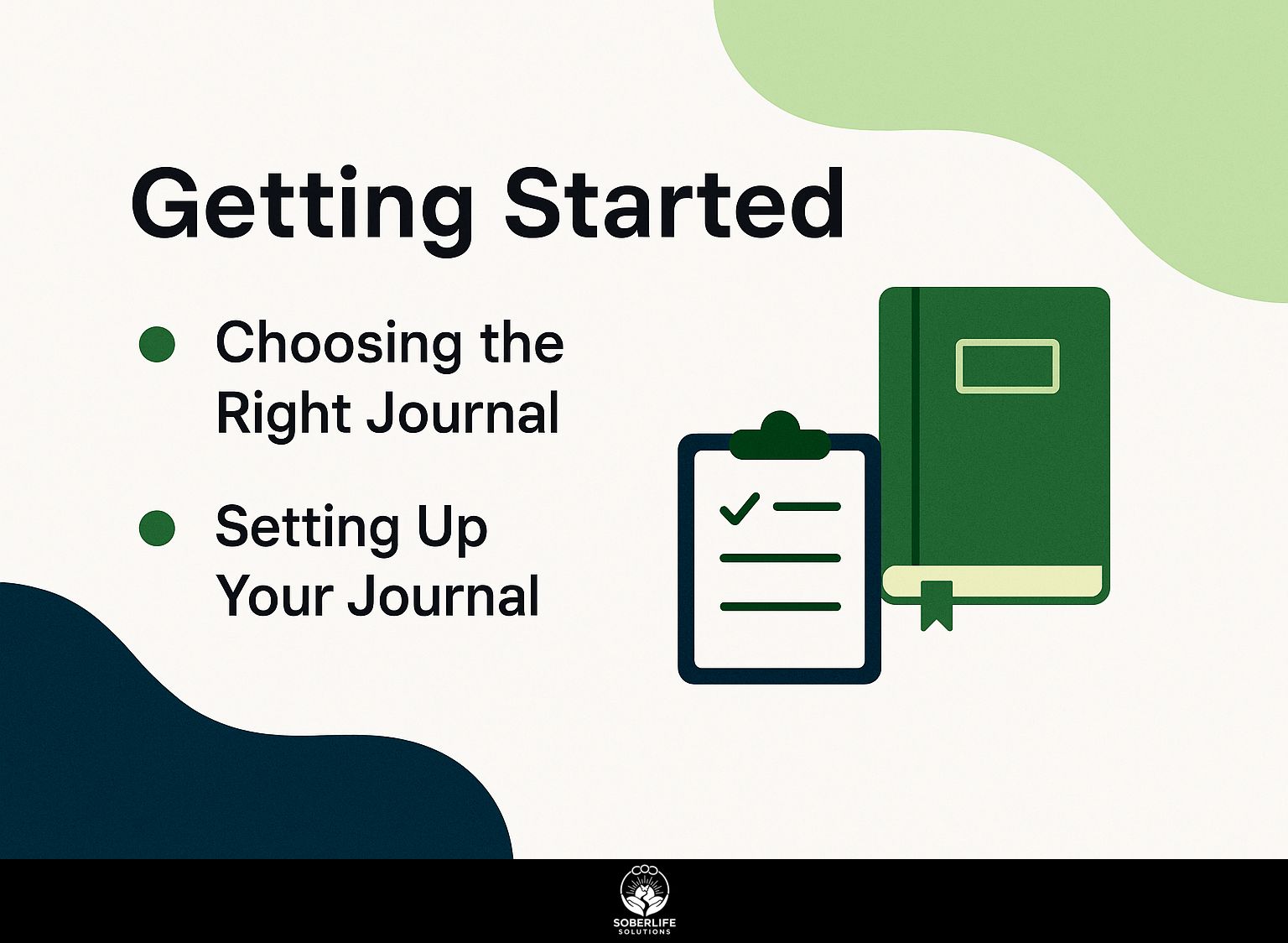
To begin a recovery journal, choose suitable materials and create a space that supports thinking and exploring your feelings.
Choosing the Right Journal
Choosing the right journal can greatly affect your recovery process. You can pick from blank notebooks, guided journals, or digital apps like Day One, which costs $34.99 per year.
Blank notebooks are perfect for free expression, allowing you to jot down thoughts and feelings without constraints.
Guided journals, such as the Five Minute Journal ($22), provide specific questions to help think about the good parts of your day and develop thankfulness, which can be very good for your mental health.
Digital tools like Day One allow you to use content on multiple devices and add images and sound. According to Zapier’s analysis, each type has unique benefits, so consider your preferences for structure versus flexibility when choosing. Journaling can also be an integral part of your recovery journey (our guide on journaling your sobriety journey explores how it supports the healing process).
Setting Up Your Journal
Setting up your journal involves creating a welcoming space and establishing a routine to encourage consistent writing habits.
To begin, choose a quiet space that inspires you, such as a nook by a window or a cozy corner of your home.
Next, designate a specific time each day for journaling to develop a habit; many find early mornings or evenings most effective.
Get your supplies, choosing a journal that matches your taste-whether it’s a basic notebook or one decorated with stickers and drawings.
Use gentle lighting or soothing music to create a pleasant and welcoming environment.
Daily Entries
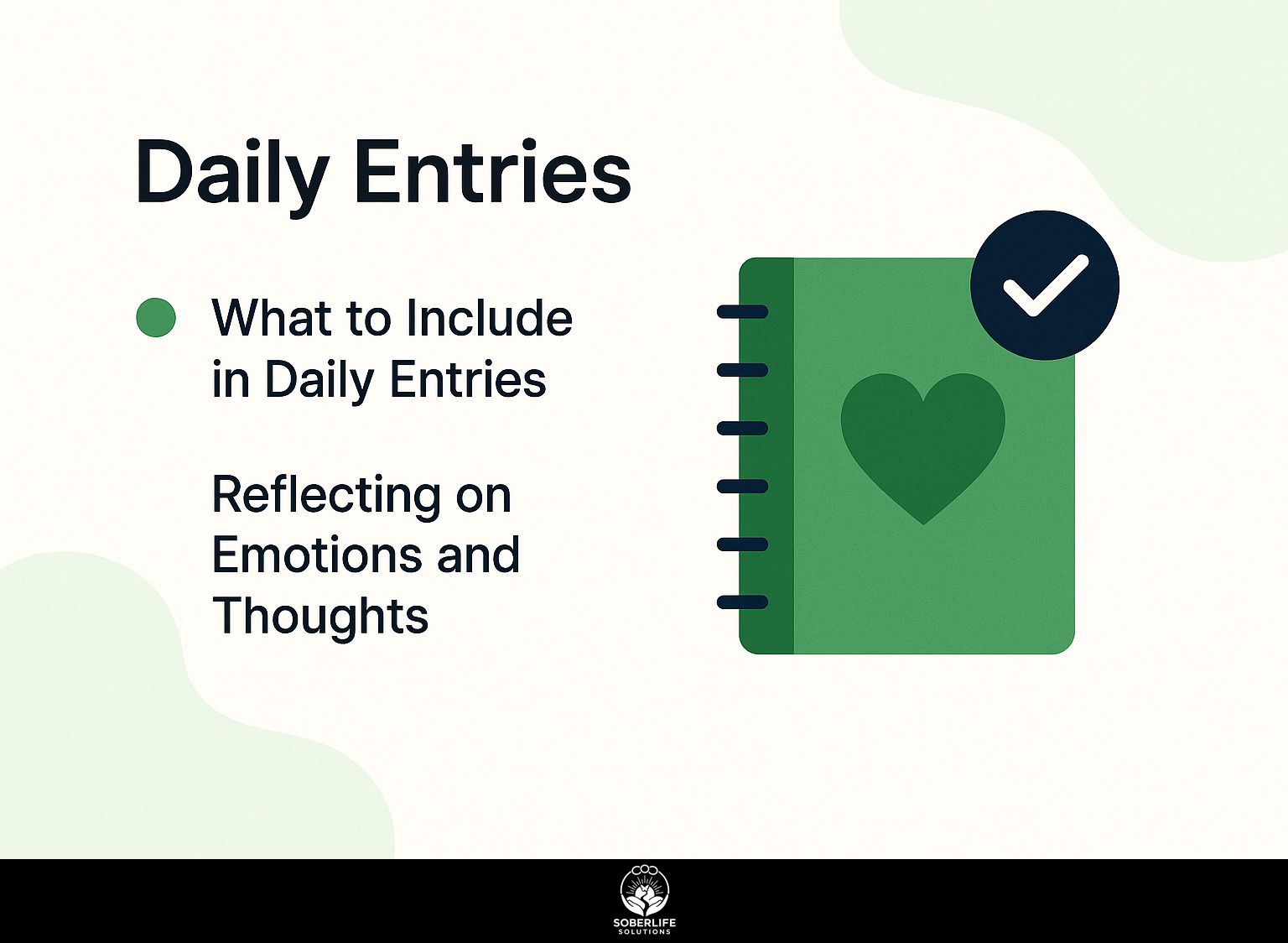
Writing in the journal every day helps with recovery. It provides opportunities to reflect on oneself and understand feelings.
What to Include in Daily Entries
A well-rounded daily entry should include emotional check-ins, gratitude lists, coping strategies, and reflections on triggers encountered during the day.
To create an effective daily journal, consider structuring it around four components.
- Start by noting the date and rating your mood on a scale from 1 to 10 to provide a quick snapshot of your emotional state.
- Next, outline the challenges faced, which helps identify recurring themes or stressors.
- Follow this with a gratitude list, naming at least three things you’re thankful for, reinforcing positive aspects of your day.
- Think about what you learned, like useful lessons or ways to handle challenges, to increase your self-awareness.
Reflecting on Emotions and Thoughts
Writing about your feelings and thoughts in your journal can improve self-awareness and help with healing during recovery.
One useful method is to assign parts of your journal to particular emotional themes. Start with questions like ‘What triggered my emotions today?’ to identify patterns in your reactions.
Pairing this with a mindfulness method, like deep breathing, can improve focus. For example, spend five minutes taking slow, deep breaths before writing; this can help you concentrate and be more receptive to new ideas.
List what you are thankful for each week to focus on good things and keep a balanced view.
Prompts and Exercises
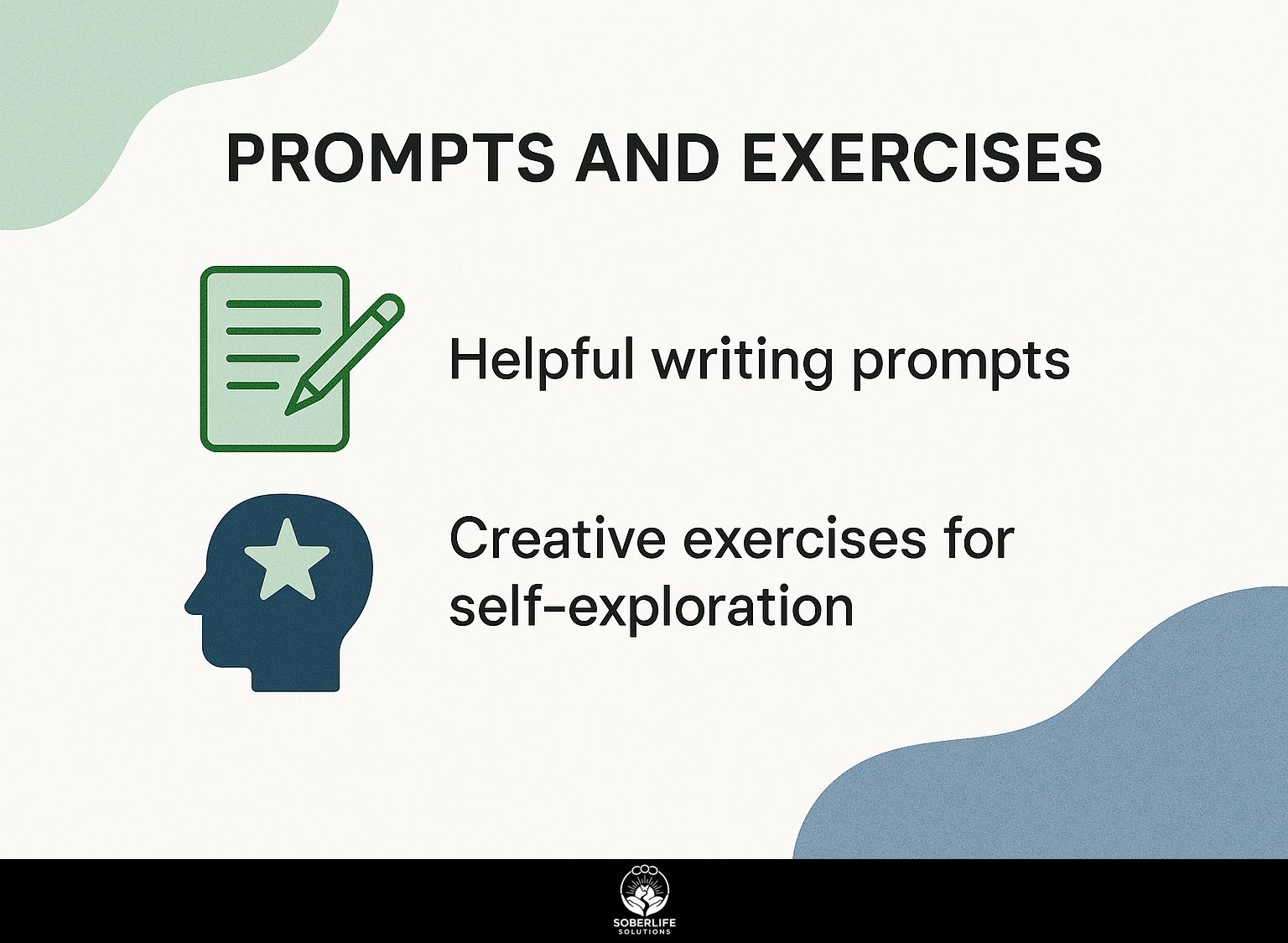
Writing prompts and creative exercises can make journaling more significant, encouraging deeper emotional thought.
Helpful Writing Prompts
Writing prompts can help you think more deeply about yourself. Try asking questions such as ‘Tell me about a time you were upset recently and what you did to handle it.’
Here are ten helpful questions to better express emotions and handle challenges:
- ‘What emotions did I feel today and why?’ encourages exploring daily feelings.
- ‘Describe someone who inspires you’ can encourage thankfulness and drive.
- Others include, ‘What are three things I’m grateful for?’
- ‘Describe a time when I overcame a challenge.’
These prompts are very useful in recovery support groups, where sharing experiences can build a sense of community and help participants relate to each other, guiding them in managing their emotions positively.
Creative Exercises for Self-Exploration
Activities like drawing or writing poetry can make journaling more therapeutic.
Here are five creative exercises to consider:
- Mind mapping your feelings helps visualize emotions and identify patterns.
- Sending a letter to your younger self gives you a chance to reflect and find peace.
- Creating a vision board allows you to manifest goals visually, reinforcing your aspirations.
- Using art, like painting or collaging, to express emotions provides a tangible release.
- Creating poems about your healing process can turn your struggles into something beautiful.
Each of these methods helps you understand yourself better and aids in emotional healing, making journaling a more rewarding experience.
Tracking Progress
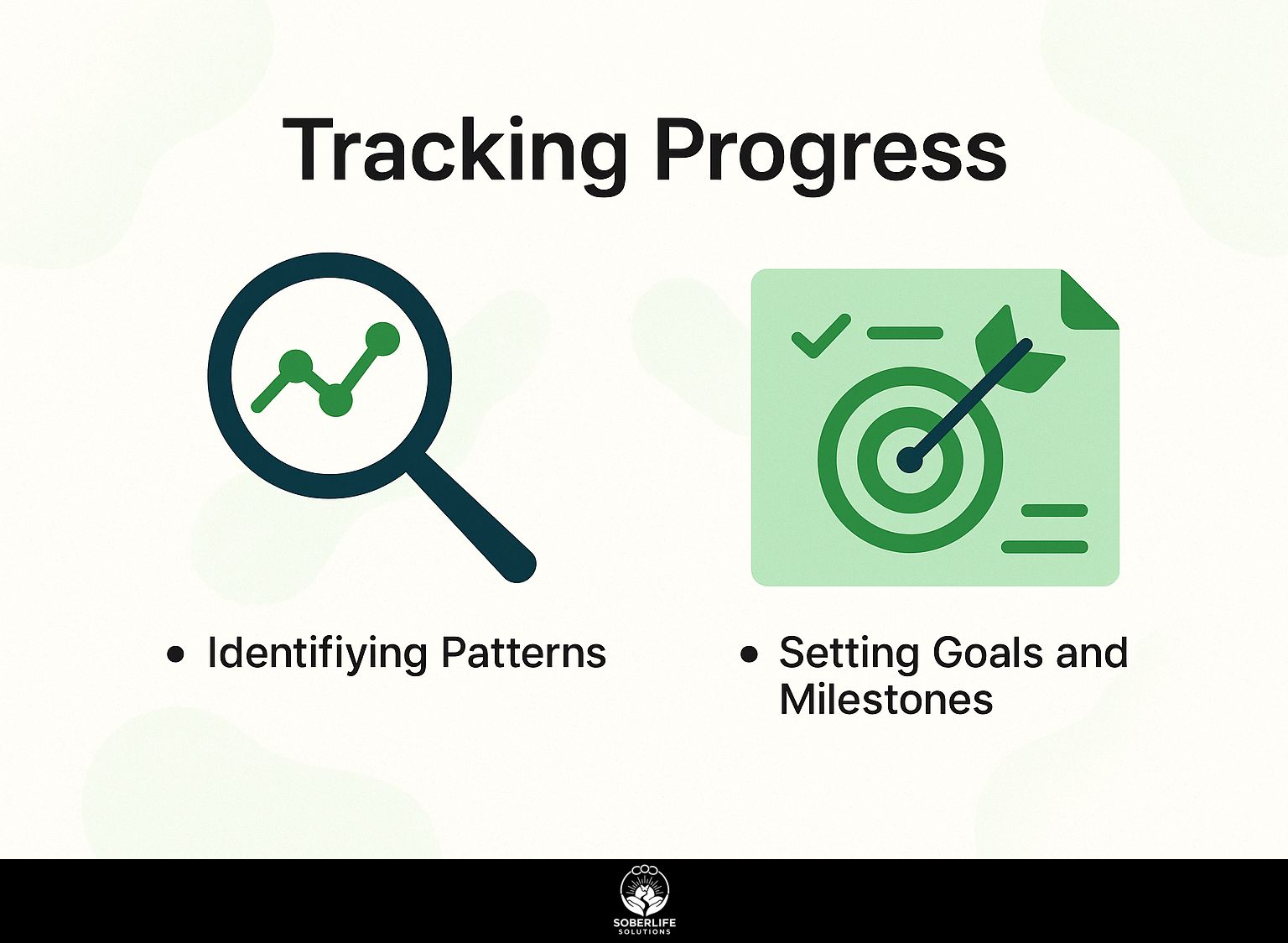
Writing in a journal helps people see their progress in recovery by showing habits and allowing them to recognize important achievements.
Identifying Patterns
Finding emotional and behavioral patterns in your journal can give helpful information about your recovery path.
To effectively recognize these patterns, start by reviewing your journal entries monthly. As you read through, highlight recurring emotions-like joy, sadness, or anxiety.
For clarity, consider using color coding: for instance, green for positive feelings, red for negative ones. Note your responses to specific triggers, such as stressful events or environmental changes.
This method helps you clearly see your emotions and learn what influences your actions, allowing you to make thoughtful adjustments to your recovery. For an extensive analysis of this trend, our deep dive into journaling your sobriety journey provides additional insights and techniques.
Setting Goals and Milestones
Setting clear goals in your recovery journal can help you stay focused and motivated.
Begin by defining a specific recovery goal, such as “I will attend three support group meetings each week.” Break this down into achievable milestones, like attending one meeting per week for the first month.
Next, review your progress weekly, assessing how you feel about each meeting and any challenges faced. For example, if you want to add mindfulness to your daily life, start with five minutes a day and slowly extend the time.
This method encourages responsibility and can greatly improve your recovery process.
Reviewing and Reflecting
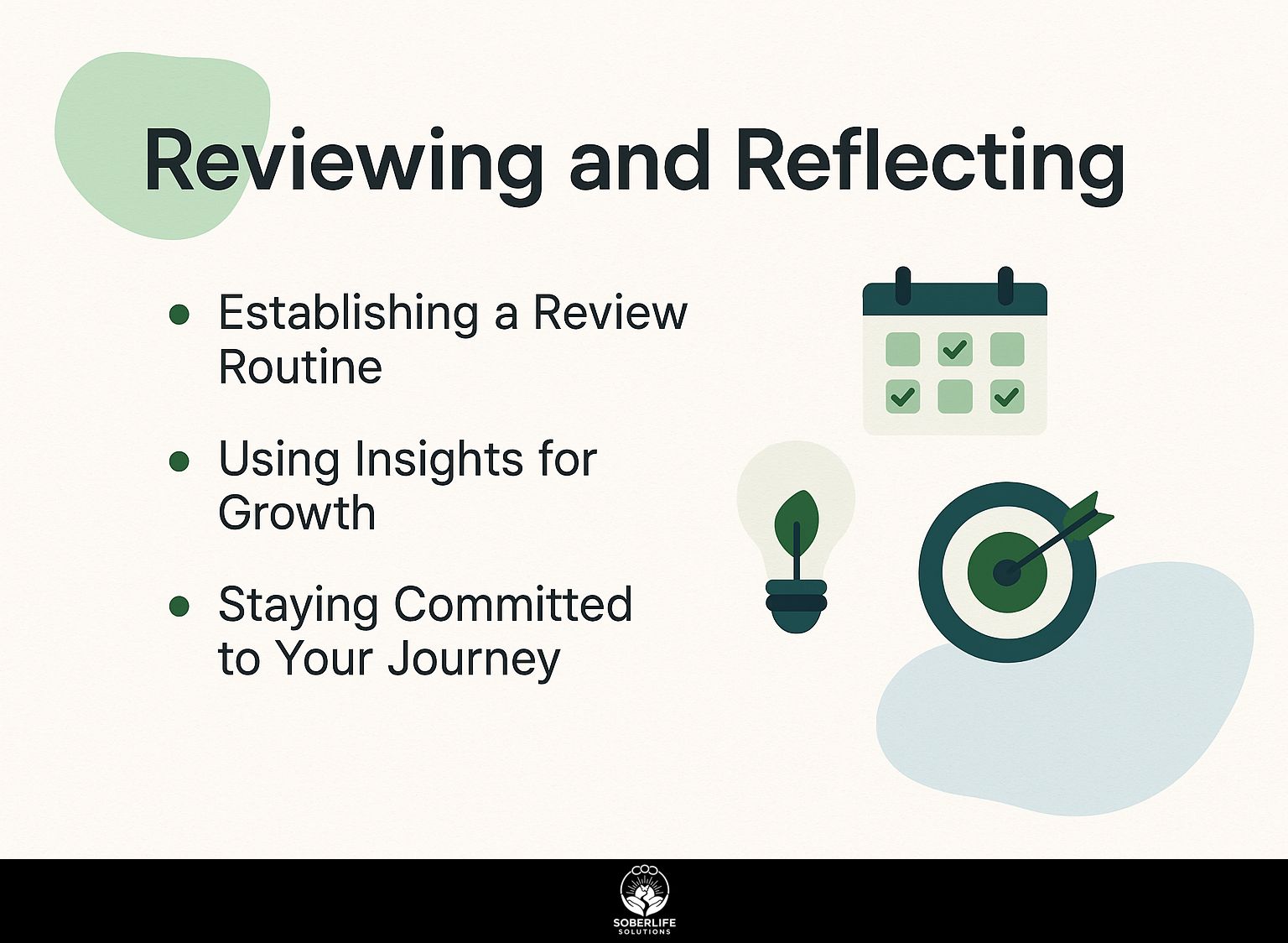
Regularly going over your journal can increase what you learn and support ongoing self-improvement.
Establishing a Review Routine
Going over your notes every week can help you see your recovery progress more clearly.
To implement this, designate a specific day and time each week for your reviews, ensuring minimal distractions. During these sessions, summarize key themes you’ve noticed over the week-perhaps emotional triggers or coping strategies that worked particularly well.
Reflect on both your progress and any setbacks, as this will help you identify patterns. Think about writing down your thoughts. You can use a special notebook or a digital app like Day One to improve your self-awareness.
Over time, these reflections will guide your ongoing healing process.
Using Insights for Growth
Using lessons learned from journaling can greatly influence personal development and improve recovery plans.
To get the most out of this information, start a regular journaling routine-try to do it at least three times each week.
Reflect on specific events that triggered strong emotions, noting how you reacted and how those reactions align with your recovery goals.
Use questions such as “What did I learn about myself today?” or “How did I handle difficulties?” Think about sharing your journal entries in a support group to see things from different points of view.
This practice strengthens your dedication and helps create a community where people look out for each other.
Staying Committed to Your Journey
Sticking to your journaling habit is important; think about joining a recovery support group to stay accountable.
Talking about your experiences in support groups can help you connect with others and keep you motivated.
Work with a journaling buddy to share ideas and help each other remember your goals. Using your phone’s alerts or apps like Journey can support your daily routine.
Set up a weekly meeting with your partner or group to talk about what you’ve done and how you’re doing. This will make it more fun and feel less lonely. This layer of responsibility can greatly increase your dedication to the practice.
Frequently Asked Questions
What is a recovery journal and why should I keep one?
A recovery journal is a personal diary or notebook where you write down your thoughts, feelings, and experiences as you work on getting better. It can serve as a therapeutic tool to help individuals reflect, process, and monitor their progress. Keeping a recovery journal helps people understand themselves better. They can spot habits and things that cause problems, and also take note of their achievements.
What should I write about in my recovery journal?
Your recovery journal should concentrate on your path toward healing and personal development. You can write about your thoughts and emotions, daily challenges and accomplishments, strategies and coping mechanisms, and any significant events related to your recovery. You can also include inspirational quotes, goals and aspirations, and gratitude lists.
How often should I write in my recovery journal?
The frequency of writing in your recovery journal is entirely up to you. Some people may choose to write daily, while others may prefer to write only when needed. It is essential to find a schedule that works best for you, as long as you are consistent. Writing in your recovery journal often can help you stay focused and move forward with your recovery.
Can I share my recovery journal with others?
Yes, you can choose to share your recovery journal with others, such as your therapist, support group, or trusted loved ones. It’s your choice, so share only what you feel okay with. Some people may find it helpful to receive feedback and support from others, while others may prefer to keep their journal private.
Do I need to use a specific format or structure for my recovery journal?
No, there is no right or wrong way to keep a recovery journal. You can use any format or structure that works for you. Some people may prefer to use a traditional diary format, while others may prefer to use bullet points or mind maps. The important thing is that you feel comfortable and can express yourself freely.
What do I do if I miss a day or stop writing in my recovery journal?
It is normal to miss a day or even stop writing in your recovery journal altogether. Life can get busy, and we may forget or choose not to write during certain periods. If this happens, you can continue from where you stopped or begin again anytime you’re prepared. Remember, your recovery journal is meant to be a helpful tool, not a source of pressure or guilt.

